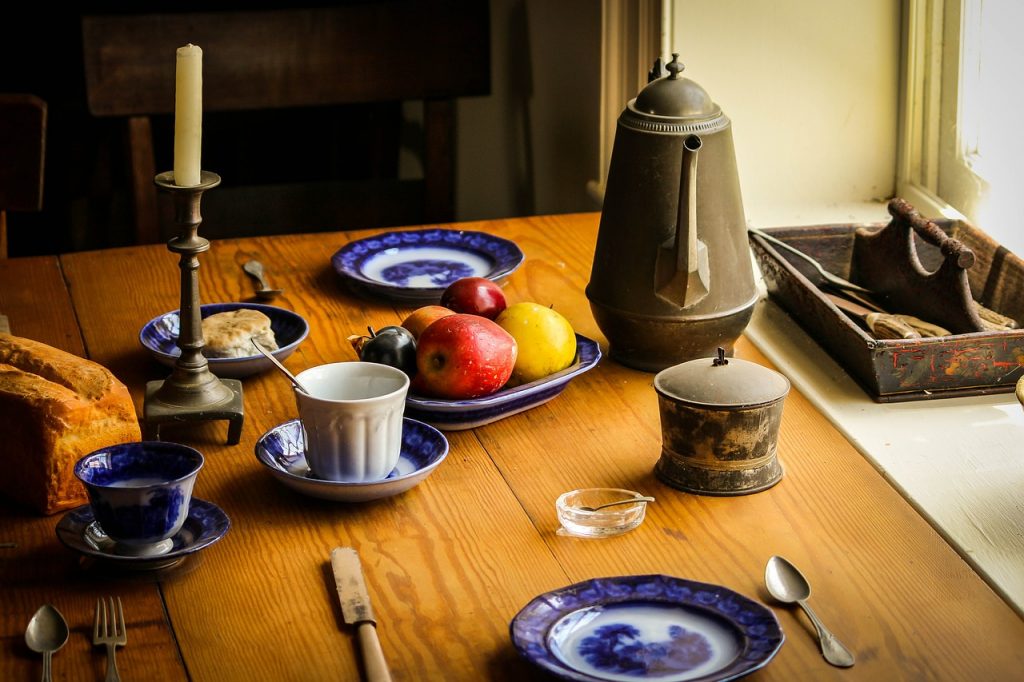Why Your Brain is The Biggest Part of Going Green


There are lots of things that matter when it comes to lightening your own footprint, but the most important part of being green is your brain. Thinking about your choices, planning ahead, learning as much as possible, keeping up with research and the latest options, as well as being mindful and changing the way you think about consumption in your daily life, all contribute to a more eco friendly existence.
Thankfully you do not need to feel alone in these challenges, as people just like you across the world are taking small steps. Along with this there are scientists, environmental activists, advocates and conservationists, all undertaking research and putting things into action. They are here to help and we are all in this together. Some areas of industry are also starting to change, and it is here that much of the work is still to be done. At the policy level some governments and organisation are starting to work more on how we can reduce our environmental impact and work towards stabilisation of climate change. We all have a part to play.
Your Home is The Centre
I have spoken on numerous occasions about how your home is the centre for all things eco. It is where you consume lots of items, use large amounts of energy and water, and create and manage waste. It is your haven, and the place you lay your head at night. Therefore your choices matter in relation to a multitude of layers that impact healthy planet, healthy people and healthy home.
Conscious Consumption
Talk with your wallet when it comes to shifting towards a greener world. The choices you make in all things that you consume, can make a difference. This includes everything from your choice of paints and finishes being more eco friendly, to carpets, textiles, furniture and homewares. It also includes buying locally and package free as far as possible when it comes to food and things like personal care. Shop at markets and fairs, seek out makers on etsy and instagram, go to vintage and secondhand stores. Buy fair trade and know where things have been made, by whom and how.
When making purchases such as furniture for example, socially responsible businesses should clearly state their environmental and fair trade policies and what they are doing to combat climate change. This might include their carbon offsets, recycling of waste, use of packaging and wrapping, how things are transported to the customer, their relationship with artisans, and how they manage energy and water use in manufacturing. There are also some accreditations you can look for such as the global green tag eco specifier fair trade and FSC.
What About Your Brain?
A big part of going green is a shift in thinking, followed by action. Instead of getting things when you want, just like they look in the latest catalogue, and seeing shopping as a pastime, it is important to consider purchases very carefully. Plan ahead so you have more time and don’t have fixed ideas when it comes to decorating your home. Going on a hunt in a vintage store or garage sale when you need a new chair or table at home, is much more exciting when you have no idea what you might find! It also means you often get higher quality and more unique pieces.
Taking your own containers and bags and visiting more than one shop when you do the food shopping, means more planning and time, but far less waste. Growing some of your own food or joining a community garden, adds even more joy to your table.
 Mindfulness
Mindfulness
Meditating on what really matters in your life will unshackle you from the need for more and more stuff. Spending time in nature, with loved ones, and pursuing things you enjoy doing, will help you to let go of the need to consume. Start trying to collect memories rather than things. This does not mean not having lovely things. I am a collector and have special treasures around my home, however the idea that you need to change your decor each season is not healthy.
Some tips for mindfulness at home include:
- Perspective – see Pinterest, Instagram and magazines as an art gallery, not a guide about how to live your life. Look for pieces and ideas you can really afford, or that you can save for if you decide it is important enough to purchase, or just use them for inspiration. Try to take the “buy once buy
well” approach and purchase quality items that will outlast trends, alongside vintage finds and things you make yourself. - Don’t max out your credit card just to get the latest thing – It is really not worth it and if you get stuck on wanting a particular item, take some deep breaths, stop and think about it, take some time out to meditate on what impact this will have on your life and then reassess whether or not to buy it. You will probably realize you did not really need it.
- Appreciate what you have – regularly take a slow walk around your home and outdoor areas. Sit in each room. Breathe deeply and notice everything about it, the cracks, the kid’s finger marks on the wall, the beautiful way the sunlight falls into your sitting room in the late afternoon. Remember all of the things that drew you to your home in the first place.
- Take some time – Take time to light a candle on the mantle, have coffee on the deck, read a book. Take regular time to appreciate the sounds of the birds in the garden, the hum of the distant traffic, and the children in the next room. Smell the roses in the garden, the fresh sheets on the bed and your partner’s warm body next to you at night.
Appreciate what you have and the experiences of your daily life – the positive and the negative – they all make up a life.
Valuing Community
This keeping up with the Jones’s thing has really run its day. If we continue to drive towards that kind of future, we are doomed. Instead we need a more cooperative future, one that values community, shared resources and a local focus. Around the country, housing developments with an eco focus and a community approach, are becoming more commonplace. Unlike the hippie communes of the past, the kinds of people who are buying into these communities range across a wide spectrum. Off-the-grid villages are being developed and an interest in alternative building materials is also growing in popularity.
There is a growing desire for a simpler, shared life, with self sufficency key to this. However you don’t need to sell up and move to a Tasmanian forest to be part of these changes. More and more of us are living in the suburbs with a backyard filled with vegie gardens and chooks, and fruit trees on the verge. People are chosing to ride their bikes, walk to work and car pool. Even if you do not have a yard, or don’t own your home, you can find community gardens and composting options such as Share waste, reduce your energy and water use and refuse single use plastics. More and more of us are shopping in op-shops and buying second hand. Slowly but surely we are using our heads and our hearts, to create a better future for us all.
Helen xx

 Mindfulness
Mindfulness